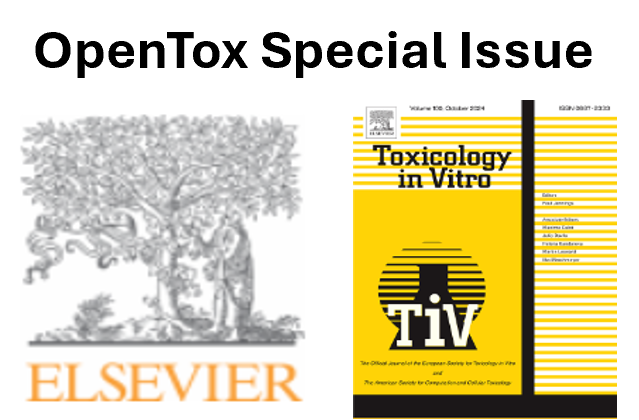Olusola Abayomi Akangbe is an environmental scientist specializing in aquatic toxicology and ecology. He holds an M.Sc. in Zoology with a focus on Ecology and Environmental Biology from the University of Ibadan. His research centers on the study of xenobiotics—pollutants that disrupt aquatic ecosystems—with a particular emphasis on chemical toxicity and the effects of harmful substances on aquatic organisms and habitats. Driven by a commitment to ecological resilience, his work also addresses the conservation and sustainable management of marine resources.
Olusola has contributed to Environmental and Social Impact Assessments (ESIA), where he conducted ecological studies on both aquatic and terrestrial organisms, showcasing his versatile approach to environmental science. Additionally, as a research assistant on the Microplastics in Nigerian Environment (MCLEAN) Project, he engaged in field research across freshwater and brackish water bodies in Southwest Nigeria, collecting biological samples to assess the impact of microplastic pollution.
An active volunteer with Greenpeace Africa, Olusola campaigns against environmental degradation, supporting initiatives to halt destructive practices such as deep-sea mining and advocating against single-use plastics in Nigeria. He is currently pursuing opportunities for doctoral studies in Aquatic Toxicology, with the goal of advancing sustainable strategies for monitoring and mitigating ecological damage. His interdisciplinary experience and dedication reflect a strong commitment to preserving aquatic environments for future generations through impactful, science-driven action.
Building a Comprehensive Phthalate Database: A Data-Driven Approach to Identifying Safer Alternatives
Olusola Abayomi Akangbe 1,2
1OpenTox Intern
2 Department of Zoology, University of Ibadan
Phthalates are widely used as plasticizers in various plastic and related products, ranging from home maintenance items to medical and personal care products. However, increasing concerns about their health impacts, particularly on reproductive health, have led regulatory bodies and industries to seek safer alternatives. This study focuses on developing a comprehensive phthalate database by integrating data from various chemical information resources, such as regulatory authority and chemical vendor websites, computational tool database. Using a data-driven approach, this database aims to aid in identifying potential substitutes that pose reduced health risks. The methodology involves compiling a database of commonly used phthalates, detailing their chemical and physical properties, product usage, health concerns, regulatory status, and potential alternatives. This is aimed at assisting stakeholders, regulators, and researchers in informed decision-making regarding health implications, as well as promote safer substitutes for harmful phthalate compounds. Ninety phthalate compounds were identified by their common name, IUPAC name, and 2D chemical structure. Health concern and product use information were available for 87.78% and 84.44% of the compounds, respectively, while regulatory data was available for 68.89% of them. Alternatives which includes phthalate-free plasticizers and organic esters were suggested for 73.33% of the compounds. The study highlights gap in toxicity data, regulatory information, and alternative options, underscoring the need for more comprehensive toxicological testing. Potential alternatives identified could replace harmful phthalates in specific applications, potentially reducing adverse health effects. By centralizing and analyzing this information, the database is a valuable resource for advancing safer and more sustainable chemical practices across industries.
Keywords: Phthalates, Database, Safer Alternative

